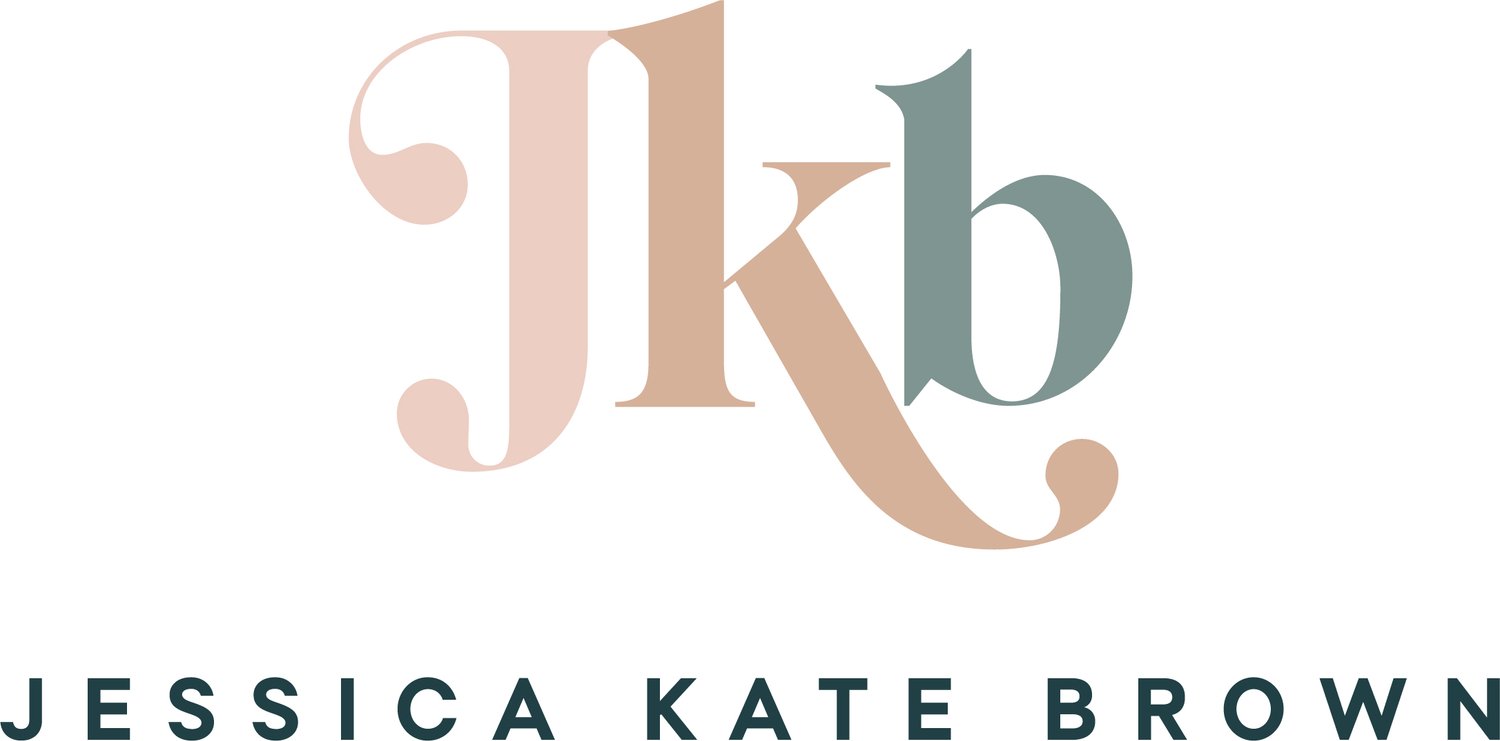What you need to write before you start writing your book
By Celina Mina
The sinking feeling had begun. The locals sitting at the outdoor café took one look at my confused face and knew what I was wanting to deny. I was lost. It was my third day in Paris, and I had become overconfident in my ability to remember where certain streets were. Fortunately, my iPhone was fully charged, so I searched for the app that you probably have on your smartphone also. Google Maps. Within a few moments, I could see where it had all gone wrong. A left turn instead of right a few blocks back. Swallowing my pride, I turned around, confirming the locals’ beliefs. But this time, I kept Google Maps on.
The same thing can happen when we begin writing that non-fiction book draft. We get several thousands of words in, and suddenly, we no longer recognise where we are. We’ve lost our way, but this time, Google Maps can’t help. The point is this: you need a map before you set off on your writing adventure.
This map is called the Book Proposal.
I highly recommend that self-publishing non-fiction authors prepare a book proposal before they start writing their first draft. Proposals are not just for authors wanting to submit to a traditional publishing house. In fact, I believe it’s even more important for those who are self-publishing because it will be the roadmap that you return to often to ensure that you are on track throughout the entire publishing process. Having a book proposal is also a significant help for your editors and book designers; it will keep everyone that’s involved in your book project aligned around certain vital aspects.
Yes, it takes time to write a book proposal when you’re most likely eager to just jump straight into chapter one of your book itself. But you know what overconfidence did to me that morning in Paris. Consider taking the time to write your book proposal an investment into your book writing that will result in a greater return as your journey progresses from pen to published.
So, what elements go into a book proposal?
Here’s some initial insights from my experience as a non-fiction editor, ghost writer and book coach!
1. Executive Summary
This is your proposal overview. Describe your book in two or three paragraphs (think of a back cover blurb). What is the title and subtitle? Can you provide some alternative titles and subtitles? Who is the intended readership? What makes your book unique? How will reading it benefit your readers?
2. Target Audience
Who is your core audience (your ideal reader) – the most likely purchasers of this book? How big is that market? What other groups and types of readers will also be interested (secondary audience groups)?
3. Author Bio
Your qualifications and experience! What makes you uniquely able to write and promote this book? What is your current reach- platforms, spheres of influence, network?
4. Competitive Titles
Do some research about what’s already out there. List and summarise your current top 5 major competitive titles. Explain why yours is different from each. You want to show that there is a market out there, while confidently proving how yours stands out and adds new value and innovation to the existing field.
5. Marketing Plan
What is your plan to actively promote your work? How will you establish your online presence to create a community of followers? Who should review your work to raise awareness and interest?
Endorsements & Foreword
Which people would be willing to contribute an endorsement or write the foreword?
Guest Speaker Appearances
Does this book or your prior experience qualify you to speak about current topics in the media or other platforms? What are those issues and what types of organisations would be interested in having you speak to them?
Other Text Types
What parts of your book can be crafted into excerpts or material for other publications and online (e.g. articles, expert / guest contributions, blog posts, podcasts, digital products etc.)? Provide the appropriate excerpts and examples of where they could be a feature.
Describe additional promotional opportunities
Organisational connections? Website? Mailing lists? Workshops? Tours? Newsletters? Related digital products? Social media handles, pages and groups? Does the book have series potential? Think creatively!
6. Annotated Table of Contents (TOC)
Include the complete Table of Contents, with detailed summaries (100–250 words) of each chapter. This is your comprehensive overview of what the book will contain.
7. Writing Samples
Write two sample chapters (not the introduction or conclusion), which show the style, tone, content and structure of your book. Not only will this kickstart the book writing process, but it will provide you with a sample to send to your developmental editor when you’re ready!
Having taken the time to write your book proposal, you can rest assured that you won’t get lost when you write the first full draft of your book manuscript. You will have a clear plan that will serve as your map if you ever fear that you’re taking a wrong turn. So, go for it – write what every author needs to write before they write!
About Celina
Celina Mina is an Aussie living in Copenhagen, where she works as a non-fiction editor, ghost writer and book coach, specialising in Christian, self-help, business and education publications. Formerly an English, literature and music secondary school teacher for several decades, she is the founder of Create with Celina Mina, which provides writing and editing services. Celina is currently writing her first book under her name, which will be released in 2023.
Connect with Celina here.


